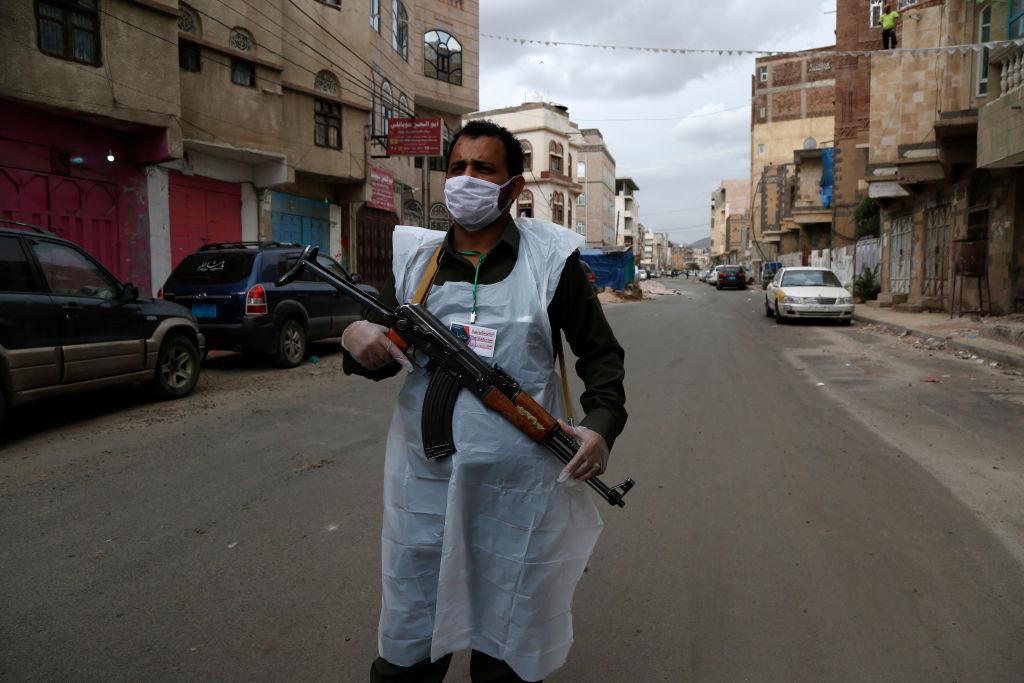
The beat
Trump signs executive order on police reform
US President Donald Trump has signed an executive order offering federal grants as an incentive to law enforcement agencies to improve policing practices. Reforms focus on de-escalation training, recruitment strategies and the creation of a database of police officers with poor records. The measures don’t address calls to defund or dismantle the police and have been criticised by Democrats, who say they are a bare minimum and don’t come close to the changes necessary to stamp out racism and police brutality.
UN Human Rights Council to debate police brutality
The UN Human Rights Council will debate racism and police brutality in the US and around the world in response to a call from 54 African countries. The letter was sent after concerns were raised by families of victims of police violence and more than 600 non-government organisations. The letter noted that the death of George Floyd in Minneapolis was not a one-off, saying there were ‘many previous cases of unarmed persons of African descent suffering the same fate due to unchecked police brutality’. The debate will also centre on human rights violations and violence against peaceful protestors.
CT scan
Questions over deaths in Chad after capital punishment abolished
Chad’s national assembly abolished the death penalty for counts of terrorism in April following recommendations from the UN Human Rights Council. A new report, however, questions the efficacy of this move after 44 Boko Haram suspects died in pre-trial detention under suspicious circumstances. While the UN and EU have praised Chad’s decision to end corporal punishment, it remains to be seen if Chad’s law and justice system will be robust enough to investigate and prevent more deaths in custody. Counterterrorism efforts across the increasingly unstable Sahel region have been set back in recent years as governments struggled to meet security needs.
Turkey detains suspected Islamic State members
Turkish police have taken eight Iraqis in for questioning about their suspected links to the Islamic State terror group and are reportedly searching for two more suspects. Turkey has stepped up its efforts against the group in the last year. It has also launched a fresh offensive against the Kurdistan Workers Party, or PKK, which fought for the US-led coalition against IS. The withdrawal of US troops from the area has led Ankara to intensify its efforts against both IS and the PKK along its southeastern border.
Checkpoint
Troops killed in clash on border between China and India
India says 20 of its soldiers were killed in a clash with Chinese troops in the disputed Galwan Valley. While China hasn’t said whether there were any casualties on its side, sources quoted in Indian media claim 43 People’s Liberation Army soldiers may have been killed. No shots were fired, but iron bars and stones were used, resulting in the first deaths in a China–India border clash since 1975. Both sides have now disengaged but each claims that the other provoked the violent encounter. Analysts say that neither country wants a war but nor do they want to relinquish their territorial claims.
Israel to annex parts of West Bank
UN experts have condemned Israeli Prime Minister Benjamin Netanyahu’s plan to annex parts of the West Bank as early as next month. The controversial move is allowed for under US President Donald Trump’s peace plan that says Israel can ‘incorporate’ the settlements. A diplomat from the United Arab Emirates has warned that unilateral annexation of West Bank territory will also damage Israel’s warming relations with Arab states.
First responder
Trial shows drug could save Covid-19 patients
Covid-19 patients who need respiratory support might be helped by a widely available and cheap steroid called dexamethasone. Results from a randomised clinical trial in the UK showed that the drug reduced extremely ill patients’ death rates by a third. Researchers say this represents a breakthrough in the treatment of patients in the advanced stages of the illness. The study is awaiting peer review, but the British government has already added the steroid to its list of medicines banned from export.
UN may have to stop Yemen aid
The UN is running out of funds for its efforts in Yemen and might have to halt most of its aid operations there within weeks. Amid a war considered the world’s worst humanitarian crisis, Yemeni civilians are also being hit by a cholera epidemic and the Covid-19 pandemic. UN donors had pledged US$1.35 billion for the Yemeni crisis, falling short of the fundraising target by more than US$1 billion. Saudi Arabia is one of the main donors to UN relief operations and was recently removed from the UN ‘child-killer’ blacklist, despite accusations of war crimes.